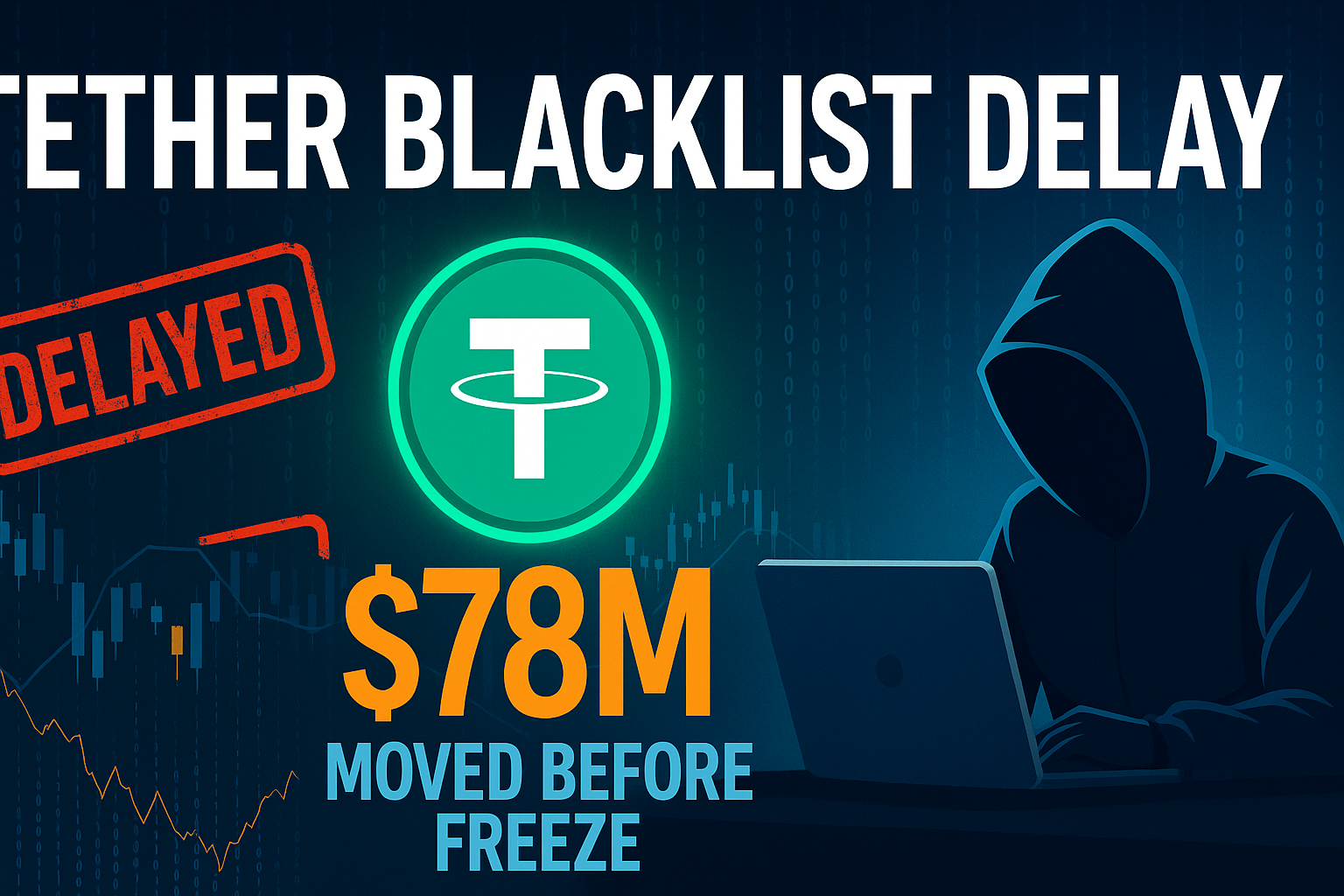Twelve people just got clapped by Hong Kong and mainland China cops for laundering HK$118M ($15M) through fake bank accounts + crypto exchanges. Yeah, they were literally running the operation from an apartment in Mong Kok.

These fraudsters used 500+ stooge accounts (that’s when you use someone else’s bank info) to wash dirty money from scams and flip it into it. Two rookies got caught mid-mission trying to drop stacks at a shop in Tsim Sha Tsui—police swooped in and grabbed HK$770K cash on the spot.
The Haul:
- $134K in seized cash
- 560+ ATM cards
- Phones & docs tied to bank ops
Most of these stooge accounts came from clueless friends and fam—yikes. This bust comes while fraud cases in HK are up 12% and 73% of them are tied to stooge accounts.
🛡️ HK’s Response:
Hong Kong’s pushing back hard with a new tool called CryptoTrace—made with the University of Hong Kong—to track shady crypto activity. Plus, the city’s still dealing with that fake “National Hong Kong Coin” scam that finessed $3.1B in 2024.
You might also like: Crypto Whale Bets Big: $276M Bitcoin Long at 40X Leverage on Hyperliquid

















